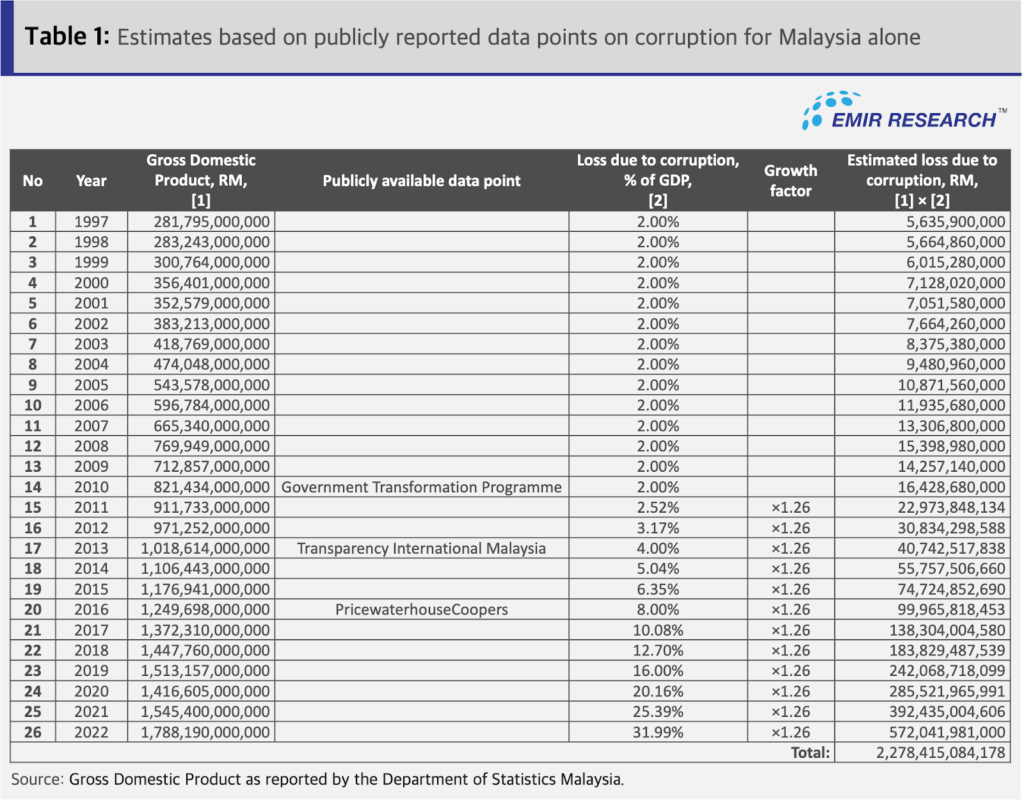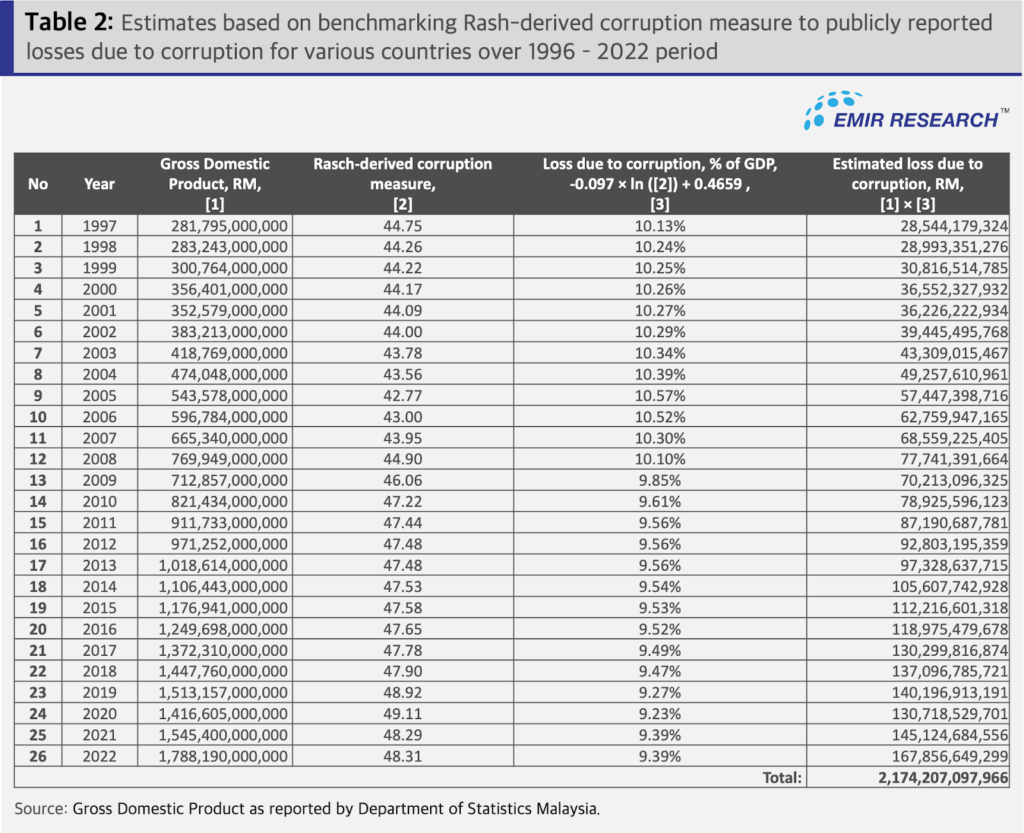PMX Anwar Ibrahim is working on all fronts to bring back Malaysia’s lost wealth by corrupt politicians in the past. He has also worked hard on attracting investments to Malaysia.
Since 24 November 2022, when he was installed PMX, he travelled to about ten nations, in ten months, to attract investments. Several MOUs have been signed with firm commitments running to almost hundreds of billions.
Honestly, let’s ponder for a moment and ask if any other Prime Minister will be able to bring in more wealth to the nation. Three past national leaders have just plundered the nation’s wealth and court cases are pending. If it’s PAS, its stand is corruption is permissible.
They would have continued to hide their corrupt acts if they continued to lead the nation. The moral question is whether these leaders realise how youngsters will view robbing the nation’s wealth and these mistakes made by leading politicians.
Bringing back former Goldman Sachs banker Roger Ng is in Malaysia to assist in investigations on the 1Malaysia Development Bhd (1MDB) scandal.
Home Minister Datuk Seri Saifuddin Nasution Ismail previously said the government’s priority with Ng’s return was to ensure the return of all assets linked to the case. Now, the Malaysian authorities are working in bringing back Jho Low, known as the mastermind behind 1 MDB losses.
Saifuddin said Ng was allowed to attend trial in the United States, where he had been convicted but had not yet started serving his jail term.
Several other cases are pending on three former Prime Ministers, Muhyiddin Yassin, Najib Razak and Dr Mahathir Mohamad, to recover the alleged wealth running to billions which were siphoned overseas.
Malaysia’s RM4.5 Trillion Losses to Corruption & Leakages — It is time to TRAC !
Recently, Business Today published Emir Research’s findings in an article: “Malaysia’s RM4.5 Trillion Losses to Corruption & Leakages”.
EMIR Research used publicly reported estimates for the national economic loss due to corruption expressed as a percentage of GDP, specifically in Malaysia by various authorities while trying to reconstruct the long-term trend over 26 years (Table 1, for details, refer to “Malaysian Monetary Loss to Corruption and Leakages – RM4.5 Trillion over 26 years”).
Dr Rais Hussin, president and chief executive of Emir Research said: “Estimating the actual cost of corruption to society is daunting, due to its profound, ubiquitous and systematic impact on various realms of the socioeconomic life of a nation. Nonetheless, even conservative approximations can yield earth-shaking numbers.
“As one way to estimate the monetary loss to corruption, EMIR Research used an approach similar to that in the study by Dreher, Kotsogiannis and McCorriston in 2007.

As the first approach, EMIR Research used publicly reported estimates for the national economic loss due to corruption expressed as a percentage of GDP, specifically in Malaysia by various authorities while trying to reconstruct the long-term trend over 26 years (Table 1, for details, refer to “Malaysian Monetary Loss to Corruption and Leakages – RM4.5 Trillion over 26 years”).

The two calculation methods (Table 1 and Table 2) produce very close results pointing to an estimated direct monetary loss to the Malaysian economy due to corruption of about RM2.2 trillion – RM2.3 trillion (RM2.25 trillion on average between the two methods) over the last 26 years.
To arrive at the eventual figure of RM4.5 trillion, EMIR Research did not add the totals from Table 1 and Table 2, as some “DJ scholars” might erroneously interpret.
Instead, EMIR Research brought in the economic concept of the multiplier effect for every cent injected into the economy, whether by the public or the private sector. Every cent injected productively (based on real economic need/opportunity and merit) is bound to create wealth rippled multiple times through the economy, benefiting many.
These multipliers are always greater than one! Therefore, taking a multiplier of at least 1 (at least RM1 additional opportunity cost for every RM1 in direct monetary losses due to corruption), we can arrive at RM2.25 trillion × 2 = RM4.5 trillion, as a frugally conservative estimate of the total (direct + opportunity) economic cost of corruption to Malaysia society.
In the context of the Malaysian economy, the lost multiplier effect might be substantial due to the well-known propensity to “speed-to-spend”, especially among the public sector and not forgetting that Malaysia is among those with the highest percentage of Government/State Linked Companies and Institutions in the economy. Speed-to-spend means when the budget (inputs) is given it must be spent quickly with some random outputs not necessarily linked to real outcomes and inter-generational impacts for the nation.
EMIR Research has emphasised multiple times that the only way to stem this “input-output only” culture is to institutionalise the Input-Output-Outcome-Impact framework at every level of decision-making and policy planning — from budget planning to budget execution (refer to EMIR Research’s earlier policy recommendations: “Recalibrating National Budget – Eradicating Leakages and Corruption” and “Transforming Malaysia from third- to first-world country”).
Source : newswav
Source: Business Today
The Coverage Malaysia






